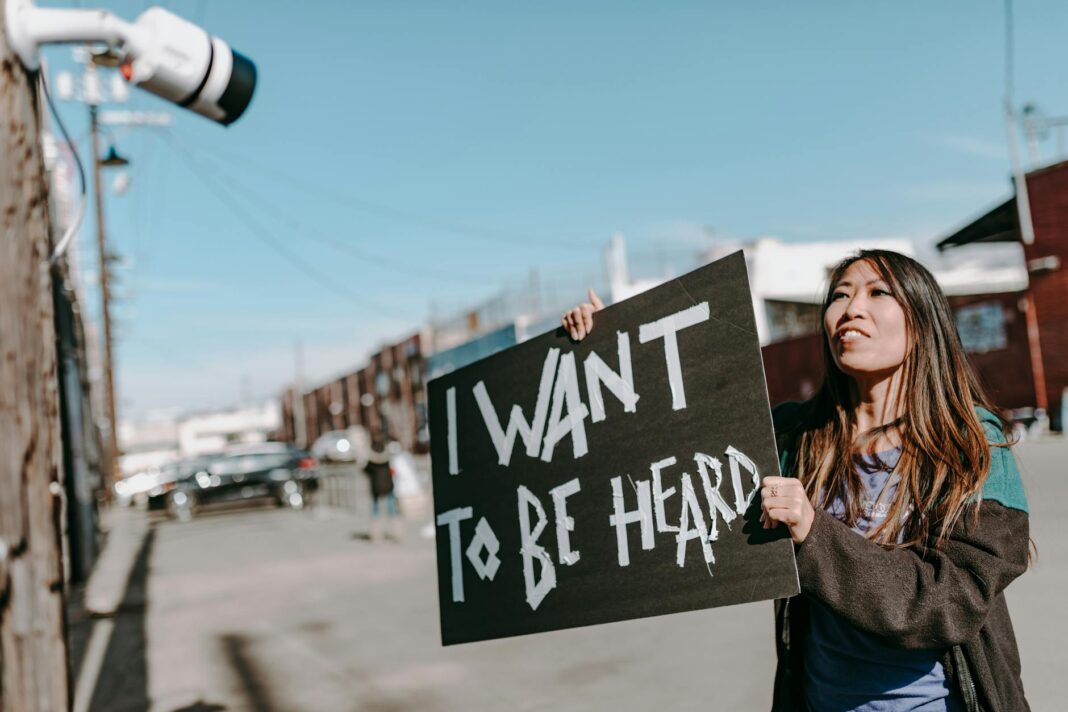Trump’s Call for Unity Amidst Divisio
n
In a recent interview with NBC News, former President Donald Trump voiced his desire for national healing, a sentiment that many would agree is necessary in today’s politically charged atmosphere. However, his rhetoric took a sharp turn when he pointed fingers at what he described as “a radical left group of lunatics.” This juxtaposition between a call for unity and the blame game underscores the ongoing divide in American politics. While some advocate for coming together, others seem more focused on perpetuating conflict.
Accusations and Accountabilit
y
During the interview, Trump didn’t shy away from addressing controversial figures, including Democratic donor George Soros. He went as far as suggesting that Soros should face jail time for his financial influence in politics. This highlights a strategy where Trump attempts to rally his base by targeting influential individuals he believes are undermining American values. Whether or not these claims are substantiated, they resonate with a segment of the population that feels disenfranchised by the political establishment and eager for someone to blame. In a time when many are searching for answers, scapegoating can appear as an appealing solution.
The Impact of Polarizing Languag
e
Trump’s language often invokes strong emotions, and this interview was no different. By labeling the opposition as “radical,” he not only galvanizes his supporters but also alienates potential allies. The term “radical left,” in particular, has become a catch-all phrase used to dismiss a wide array of political views that don’t align with his own. This tactic is effective in solidifying his base but does little to foster genuine dialogue or understanding across the aisle.
Moreover, such incendiary rhetoric contributes to a climate of fear and resentment, where individuals are less likely to engage in civil discourse. The political arena has become less about ideas and solutions and more about vilifying opponents. This trend is troubling; it suggests that healing may require more than just a desire for unity—it may demand a radical shift in how political dialogue is conducted.
Is National Healing Possible
?
Trump’s call for healing seems at odds with his approach of placing blame squarely on others. Critics argue that true healing requires accountability from all sides and a willingness to engage in constructive conversation. If the discourse remains mired in blame and accusations, any hope for a unified national front appears to be a distant dream. The challenge lies in whether political leaders can rise above partisan divides to create a more inclusive and constructive environment.
One potential avenue for fostering unity is through bipartisan initiatives that address common concerns, such as economic instability, healthcare, and public safety. By focusing on issues that matter to everyday Americans, leaders could begin to bridge the gap between polarized factions. However, this requires a commitment to dialogue that prioritizes solutions over scoring political points.
Furthermore, grassroots movements that promote understanding and collaboration across party lines may play a crucial role in healing divisions. When citizens engage with one another—irrespective of their political affiliations—they can discover shared values and goals. This bottom-up approach may prove to be more effective than top-down mandates from political leaders.
Question
s
What steps can leaders take to foster genuine national healing?
Do you think Trump’s approach will resonate with undecided voters?
How does polarizing language affect the political landscape in America?




